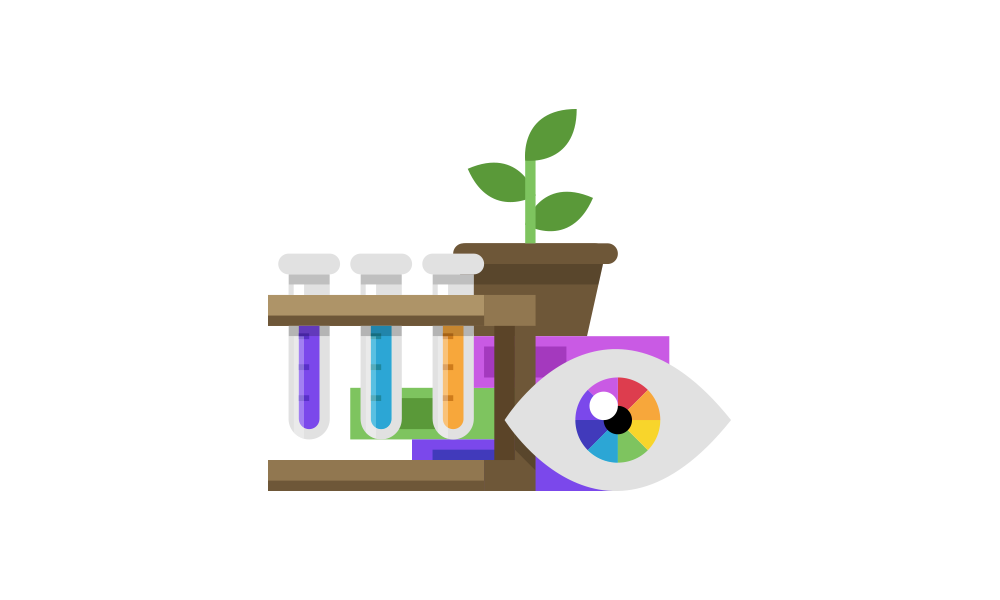
Image from medium.com.
The heart of the matter is:
if the source of every truth is our senses, our perception, then all
truths are subjective. Is this correct? Well, this is not always the
case, as long as the scientific method is concerned. Researchers
cannot always trust their senses, because there are many things we
cannot experience through them. For example, we cannot see atoms or
air particles. What scientists do then is to build models and to
conduct experiments that can be extrapolated to those contexts, and
ultimately they test them to find out if they are valid. Indeed
philosophers affirm that there are truths which are invariably solid
notwithstanding experience, such as mathematical truth.
According
to András Bozsik, from the University of Debrecen, truth is
objective, but its perception is subjective.
Therefore
if we were presented with the truth in scientific terms, it would
look objective, but when someone narrates it with any kind of
creative format, it becomes subjective, as we would add certain
nuances originating from our personal view, our emotional filter,
cultural bias, drives, delusions and even intentional distortions, to
name a few.
Thus
the media show us the news, while in bars citizens recount them like
undeniable facts, even if they have gone through all this screening.
However, as soon as one thinks out of the box, our opinion does not
seem to be so clear-cut. For example, the world is moved now because
Notre-Dame de Paris has been considerably damaged by a fire. 700
million donations have already been gathered to rebuild the temple.
But have we stopped to think about the 74 Mosques that have been
destroyed in Palestine during the war, or about the thousands of
children who die every day in the world? Or, in an act of assuming
full responsibility, should we devote our own lives to ensure social
justice?
No comments:
Post a Comment